Why Delaying the Launch of Your Online Platform Can Be Risky: Websites, eCommerce, mCommerce, and Web Application

Delaying the launch of your online platforms—whether websites, e-commerce sites, mobile commerce platforms, or web applications—can pose serious risks to your business. In today’s fast-paced digital environment, postponing can result in outdated technology, security gaps, and lost opportunities. Here’s why it’s essential to launch and maintain your online solutions without delay:

1. Keeping Up with Technology
The digital landscape changes rapidly, and delaying your launch could make your online platform outdated before it even goes live.
Browser and Device Incompatibility
Browsers and devices receive frequent updates, and your delayed website or web application may not function correctly on the latest versions.
- Browsers
- Google Chrome
- Mozilla Firefox
- Microsoft Edge
- Apple Safari
- Opera
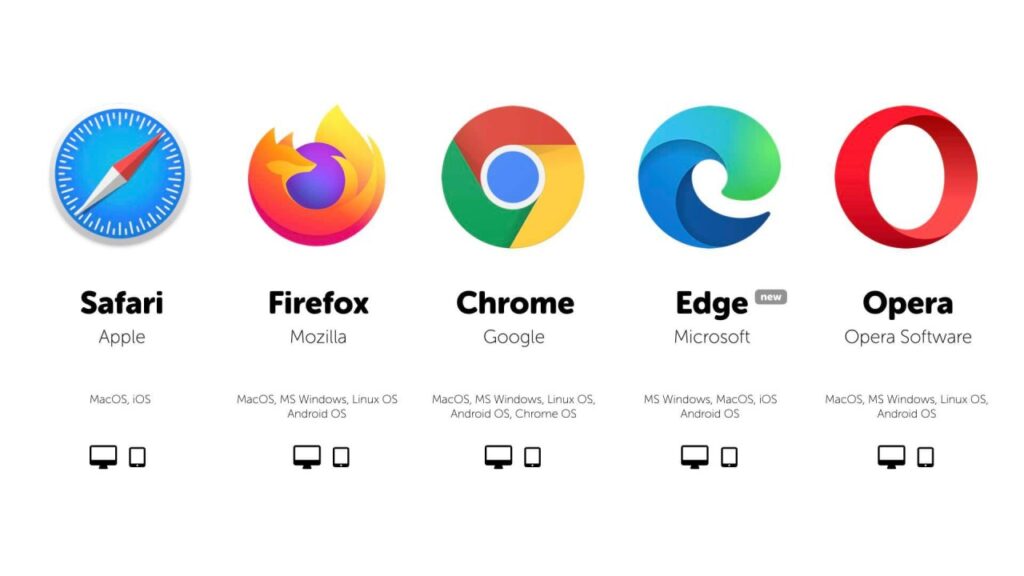
- Devices
- Smartphones and tablets with the latest Android and iOS updates
- New desktop and laptop models with updated hardware and operating systems


Outdated Web Technologies
Web development technologies and standards evolve rapidly.
- Web Standards
- HTML5
- CSS3
- JavaScript ES6 and beyond
- Accessibility Standards (e.g., WCAG updates)
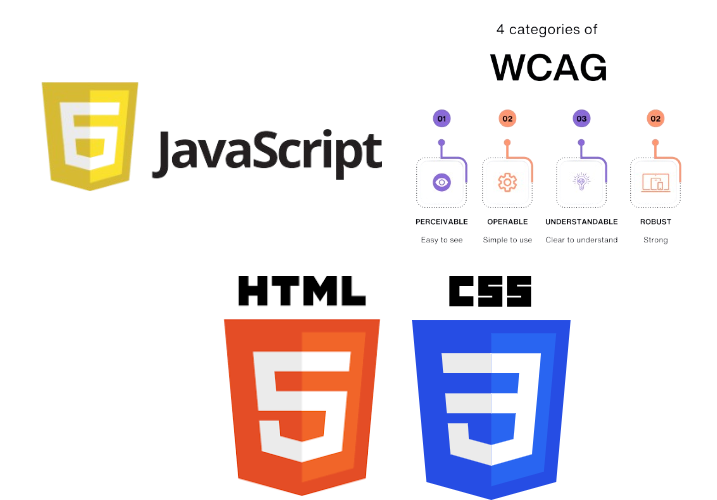
- Frameworks and Libraries
- Updates to React, Angular, Vue.js
- Deprecated versions of jQuery or other libraries

2. Security Vulnerabilities
Delaying the launch and regular maintenance of your online platform can expose it to significant security risks.
Outdated Security Measures
Without timely updates, your platform may lack critical security patches.
- SSL/TLS Protocols: Older versions may be insecure.
- Vulnerable Plugins or Extensions: Particularly relevant for CMS platforms like WordPress, Magento, or Shopify.

Evolving Cyber Threats
New vulnerabilities and attack vectors emerge regularly.
- Common Threats
- SQL Injection
- Cross-Site Scripting (XSS)
- Distributed Denial of Service (DDoS) Attacks
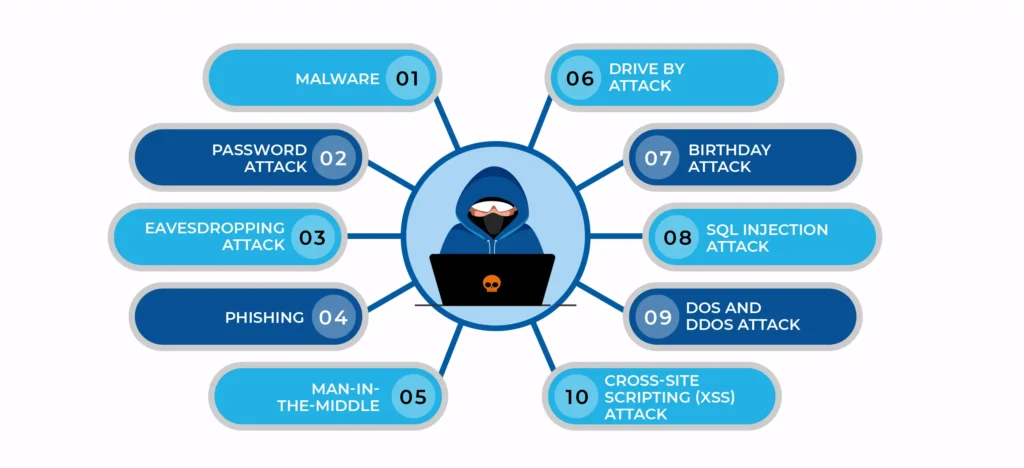
3. Performance and User Experience
User expectations and standards for website performance and experience continue to rise.
Page Load Speeds
Delayed platforms may not be optimized for speed, leading to higher bounce rates.
- Performance Metrics
- First Contentful Paint (FCP)
- Time to Interactive (TTI)

- Tools
Mobile Optimization
With the rise of mCommerce, mobile optimization is crucial.
- Responsive Design : Ensures compatibility across various screen sizes.
- Mobile-First Indexing: Google’s approach to indexing and ranking content.
4. Changing SEO Practices
Search engine algorithms are continually updated, affecting how websites are ranked.
Algorithm Updates
Delayed websites may not align with the latest SEO best practices.
- Google Core Updates
- Mobile-First Indexing
- Page Experience Update
Content Relevance
Delayed content may become outdated, reducing its effectiveness in attracting organic traffic.
5. Market and Consumer Behavior Shifts
Consumer preferences and market trends can change rapidly.
Evolving Consumer Expectations
Features that were innovative months ago may become standard or outdated.
- Payment Options: Adoption of digital wallets like Apple Pay, Google Pay, or cryptocurrencies.
- Customer Engagement: Integration with social media platforms or chatbots.

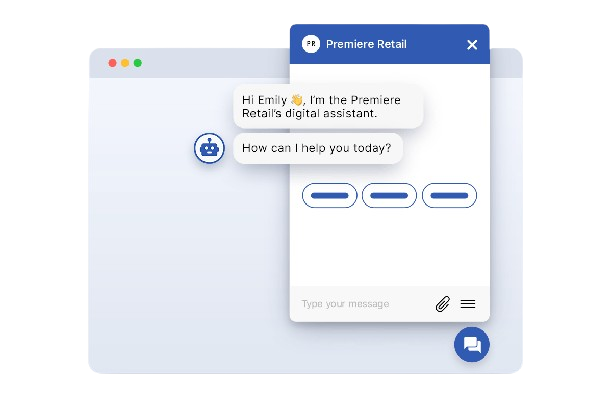
Competitor Advances
Delaying your launch may give competitors the advantage to capture market share.
6. Compliance with Regulations
Laws and regulations regarding online businesses are frequently updated.
Data Protection Laws
- GDPR (General Data Protection Regulation)
- CCPA (California Consumer Privacy Act)
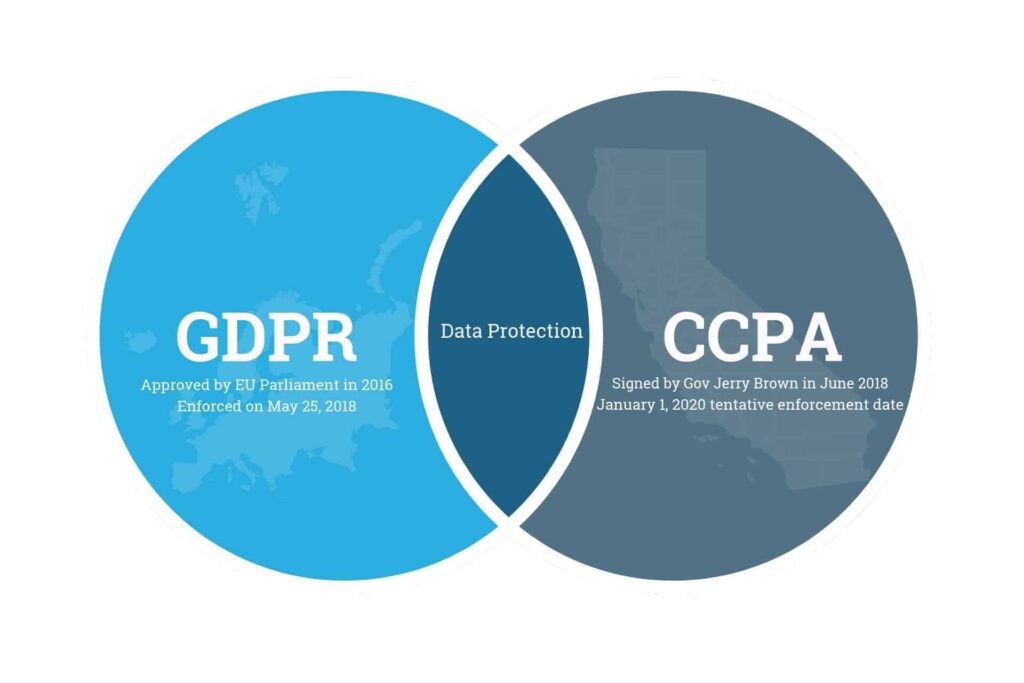
Accessibility Requirements
- Compliance with ADA (Americans with Disabilities Act)
- Following WCAG (Web Content Accessibility Guidelines)
Failing to comply with these can lead to legal consequences and damage to your brand’s reputation.
7. Third-Party Integrations and APIs
Websites and web applications often rely on third-party services.
- API Changes : Third-party providers may update or discontinue APIs.
- Examples
- Payment Gateways (e.g., PayPal, Stripe)
- Social Media APIs (e.g., Facebook, Twitter)
- Examples
- Service Deprecations : Older versions of services may be retired.Impact on functionalities like analytics, maps, or email marketing integrations.
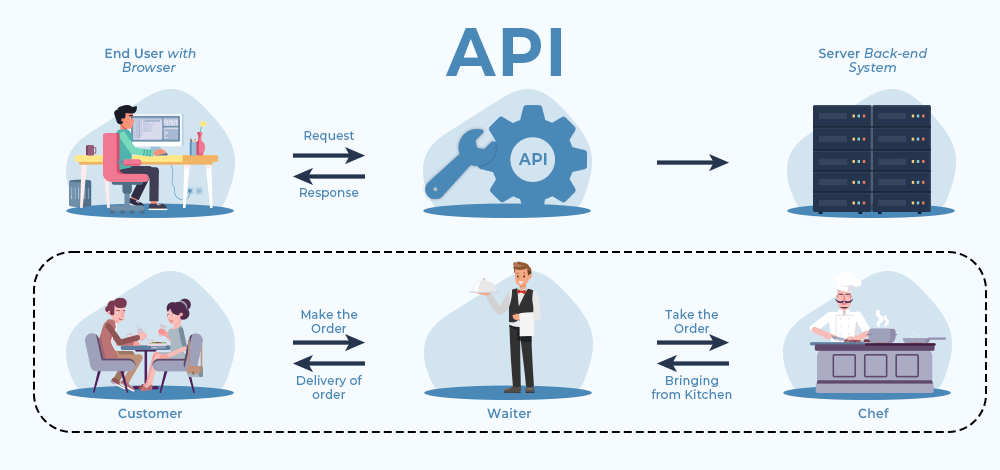
8. Maintenance Costs
Delaying the launch can lead to increased costs down the line.
- Setup/Inspection Costs : Before maintenance can begin on a delayed platform, an initial setup or inspection is necessary to assess its condition and requirements.
- Assessment of Codebase: Identifying outdated code or vulnerabilities.
- Compatibility Testing: Ensuring the platform works across modern browsers and devices.
- Higher Long-Term Maintenance: Outdated platforms may require more extensive updates or even redevelopment.
9. Data Integrity and Backup Issues
Holding onto an unlaunched platform can pose risks to data integrity.
- Data Loss Risks : Storing the platform on physical media can lead to data degradation.
- Backup Challenges : Without regular backups, there’s a higher risk of losing critical data.
10. Brand Reputation and Trust
Launching an outdated or underperforming platform can harm your brand.
- User Trust : Security warnings or poor performance can deter users.
- Professional Image: An up-to-date, well-maintained platform reflects positively on your business.
How to Mitigate These Risks
To ensure your website, eCom, mCom platform, or web application remains effective and secure, consider the following best practices:
- Prompt Launch and Regular Updates: Deploy your platform as soon as it’s ready and maintain a schedule for regular updates.
- Mobile Optimization: Ensure your platform is optimized for mobile devices to cater to the growing number of mobile users.
- Stay Informed on SEO Trends: Keep up with the latest SEO best practices to maintain and improve your search engine rankings.
- Compliance Checks: Regularly review your platform for compliance with the latest regulations and standards.
- Initial Setup/Inspection: Before beginning maintenance on a delayed platform, invest in a thorough inspection to identify and address any issues.
In Conclusion
Delaying the launch of your online platforms—websites, e-commerce sites, mobile apps, and web applications—can expose your business to numerous risks, from technological obsolescence to security vulnerabilities and increased costs. By launching promptly and committing to regular maintenance, you can ensure that your platform remains secure, performs well, and continues to meet the evolving needs of your business and customers.


